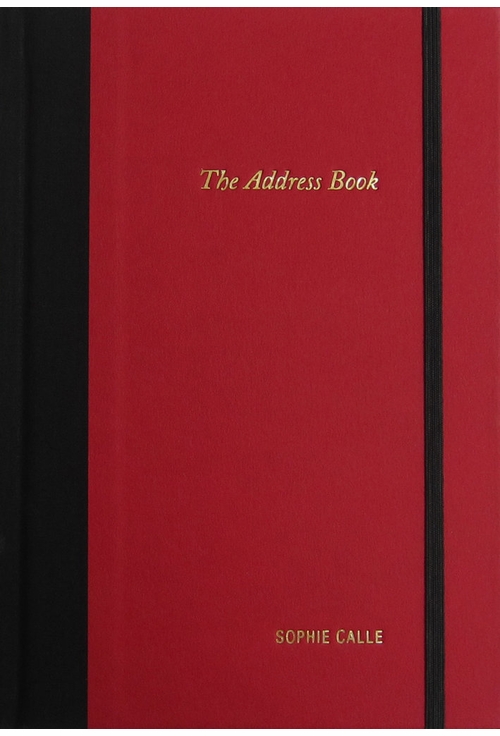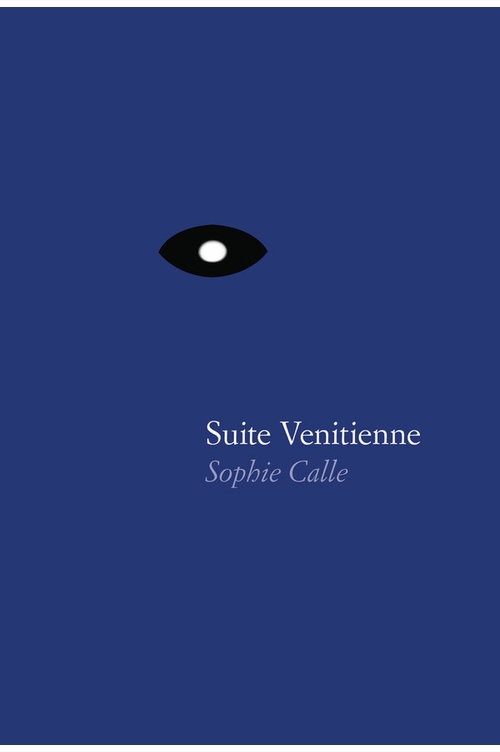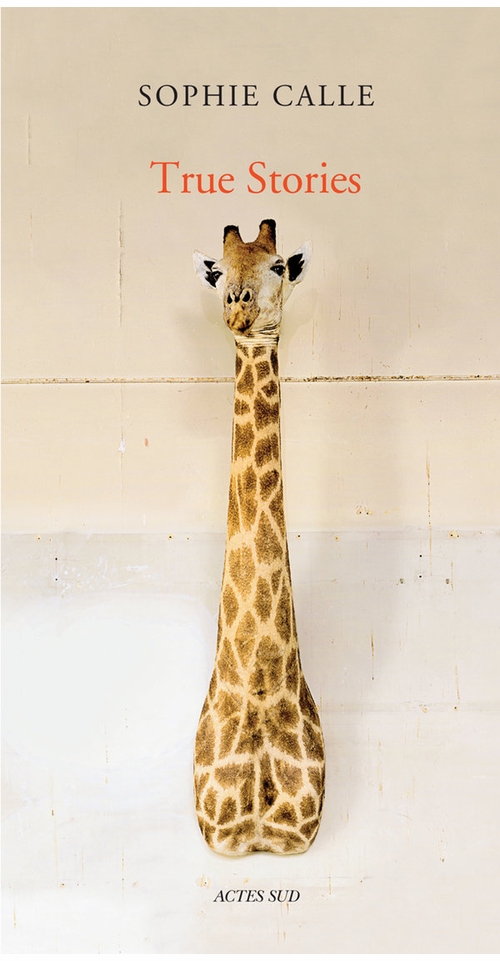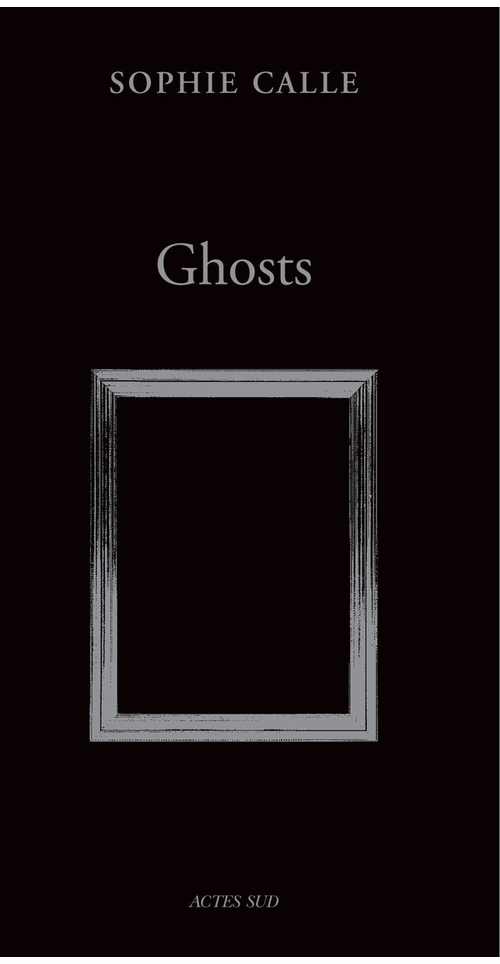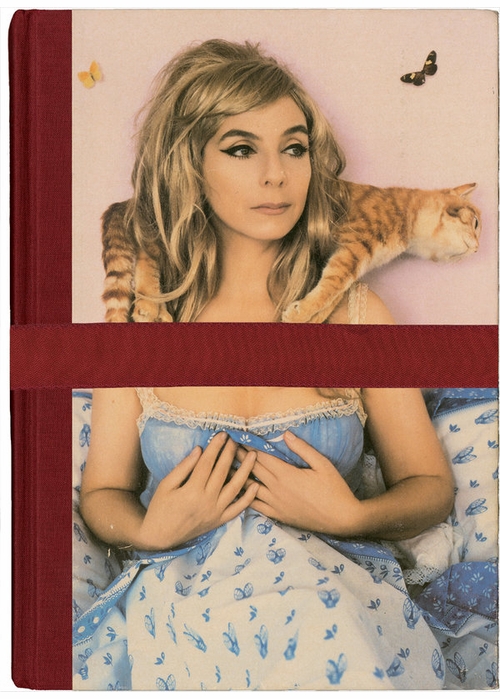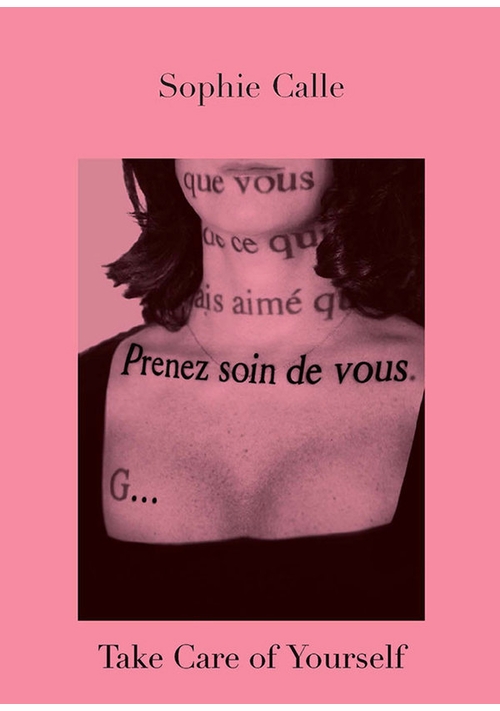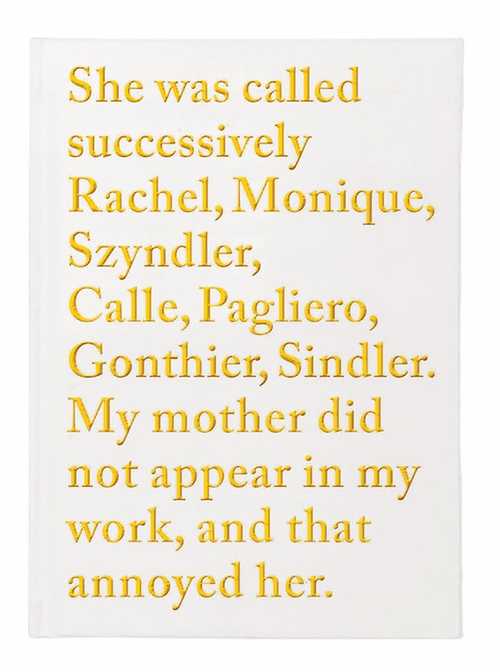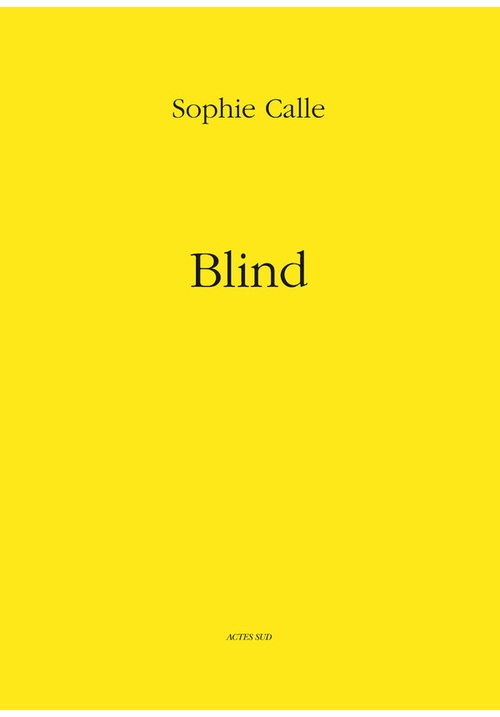| |||||||||||||||||||||||||
ARTBOOK BLOGEventsStore NewsMuseum Stores of the MonthNew Title ReleasesStaff PicksImage GalleryBooks in the MediaExcerpts & EssaysArtbook InterviewsEx LibrisAt First SightThe Artbook | D.A.P. 2025 Gift GuidesArtbook Featured Image ArchiveArtbook D.A.P. Events ArchiveDATE 12/11/2025 192 Books presents Raymond Foye and Peter Gizzi on The Song Cave's new edition of John Wiener’s 'Behind the State Capitol: Or Cincinnati Pike'DATE 12/8/2025 Pure winter glamour in ‘It’s Snowing!’DATE 12/3/2025 Flamboyant poses and melodramatic airs in 'Cecil Beaton's Fashionable World'DATE 11/30/2025 Artbook at Hauser & Wirth Los Angeles Bookstore presents Kelli Anderson and Claire L. Evans launching 'Alphabet in Motion'DATE 11/27/2025 Indigenous presence in 'Wendy Red Star: Her Dreams Are True'DATE 11/24/2025 Holiday Gift Guide 2025: Artful Crowd-PleasersDATE 11/22/2025 From 'Bottle Rocket' to 'The Phoenician Scheme' — the archives of Wes AndersonDATE 11/20/2025 The testimonial art of Reverend Joyce McDonaldDATE 11/18/2025 A profound document of art, love and friendship in ‘Paul Thek and Peter Hujar: Stay away from nothing’DATE 11/17/2025 The Strand presents Kelli Anderson + Giorgia Lupi launching 'Alphabet in Motion'DATE 11/15/2025 Holiday Gift Guide 2025: Stuff that StockingDATE 11/15/2025 Artbook at MoMA PS1 presents Cory Arcangel, Eivind Røssaak and Alexander R. Galloway launching 'The Cory Arcangel Hack'DATE 11/14/2025 Columbia GSAPP presents 'The Library is Open 23: Archigram Facsimile' with Beatriz Colomina Thomas Evans, Amelyn Ng, David Grahame Shane, Bernard Tschumi & Bart-Jan Polman | BOOKS IN THE MEDIACORY REYNOLDS | DATE 4/12/2017Sophie Calle in the News!French conceptual artist Sophie Calle finally gets her due in America, with a forthcoming show at the Fort Mason Center for Arts & Culture in San Francisco, a 25-year project at Green-Wood Cemetery in Brooklyn and a major profile in 'T Magazine' this weekend, running alongside a feature that thrills us to the core — a portrait of the artist through her books. Mary Kaye Schilling writes:
"Over the course of her 38-year-long career, Sophie Calle has established herself as one of France's most celebrated conceptual artists. In her work, she has attempted to metaphorically seduce her father; she once asked 107 women to respond to an ex-boyfriend's breakup email; and for a story in T's culture issue, the 63-year-old artist showed up to have her portrait taken pregnant — pregnant with a cat. Here, a short list of the eccentric artist's best book projects." Read more below. |
